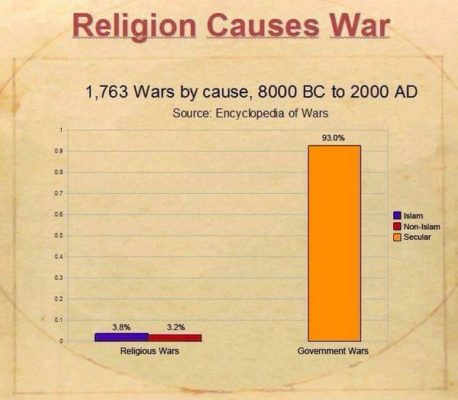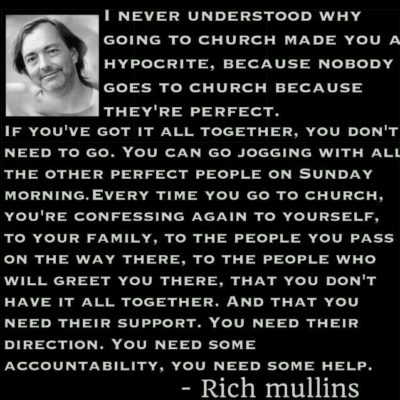Church history is littered with oppression and violence
How would you answer a skeptic who says that Christians are hypocritical because we preach the peace of Christ yet church history is littered with oppression and violence?
There are many things to consider when answering this question or statement but the first thing to do is to agree with the skeptic and ask for forgiveness. This works for two reasons:
1) It’s the truth. Some Christian have acted contrary to the teachings of Jesus. We need to repent of their actions. Though a wonderful Christian in all other respects, Augustine forced some pagans to convert on pain of death. In his old age, Martin Luther was an anti-semite. Years ago, the Southern Baptist Convention passed an initiative asking for forgiveness for their not supporting the civil rights of blacks in the 1800’s and 1900’s. The Canadian Lutherans apologized to the Jews for Martin Luther’s anti-semitic views.
2) It may disarm the skeptic. He may be more amenable to your agreeing with him.
But then point out these things for him to consider:
1) The fact that Christians still sin doesn’t mean that Christianity isn’t true. Being a Christian doesn’t mean you’re perfect. It just means you’re moving in the right direction. That you’re becoming a better person than you used to be. It’s a process and processes take time.
2) Not everyone who claims to be a Christian is one. Jesus says in Matthew 7:16-20 that you’ll know Christians by their fruit.
Let’s expand on this 2nd reason. Some people are “cultural Christians”, but not real Christians. Just because you go to church, that doesn’t make you a Christian. If the skeptic says then what does make a person a Christian, you have an open door to explain to him what does.
Jesus says in Matthew 7:21-23 that there will be some people who think they’re Christians, maybe because they go to church or were born in America, but are not. To these people, He says, “I NEVER knew you”.
In other words, churches have people in them that aren’t real believers. Many atrocities done in the name of Jesus are not done by real Christians. These atrocities were not done because of the teachings of Jesus but because these people don’t know or follow Jesus.
Another reason why Christians are called hypocrites is because skeptics think that the main message of Christianity is to make bad people good. But the real message is that the church is like a hospital. It’s gathering place where broken, messed up people can come to be healed. And healing takes time.
Also, some “Christian atrocities” are more political than religious. Northern Ireland is a great example. The Protestants and Catholics aren’t fighting over doctrines like baptism. They’re fighting over who will rule their country, England or Ireland. In fact, Matthew 5:44 & 26:52 prohibit Christians from using force towards others in the name of Jesus.
The Crusades were more geopolitical than religious. Islam had conquered many Christian lands and were threatening to invade Europe again. Since Europe was very divided politically, the Pope saw religion as a unifying force. Many of the actions of the Crusaders and the Muslims were atrocious. No one side was right.

So things like the Inquisitions and the Salem Witchcraft trials were anomalies for Christianity. In any large group, you’re always going to have a fringe element that makes the bigger group look bad. Even by adding up all the deaths of these anomalies in the last 2,000 years, it doesn’t come close to the deaths caused by atheistic regimes in the last 100 years. The “Christian” conflicts killed maybe 200,000 people over the last 2,000 years, whereas the non-religious conflicts killed 100,000,000 (one hundred million) people in the last 100 years. History has proven that the non-religion is far more deadly than religion.
Now, compare all the benefits of Christianity to its negatives. To see all the benefits, take the class “How Christianity Changed the World”. I think you’ll agree that the benefits far outweigh the negatives.
References:
Books;
“The Case for Faith” by Lee Strobel, pages 195-221
“The problem of God” by Mark Clark, pages 181-202
Websites;
https://creation.com/bad-things-by-church
For Christ and the Church,
Dave Maynard
https://bsssb-llc.com







